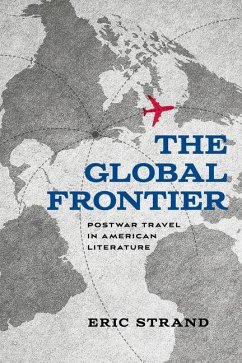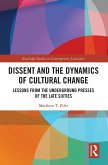"The Global Frontier argues that midcentury American writers were not straitjacketed by the anticommunist Red Scare, but rather pioneered a transnational sensibility. Enabled by air travel and the expansion of the tourist industry, they departed from the West/East binaries criticized by postcolonial writers and academics. American novelists and poets imagined themselves as egalitarian and culturally borderless, an ideology that Strand associates with the frontier. Although we associate the heterosexual white male with the "Ugly American" stereotype, a wide variety of literary travelers sought personal freedom and cultural enrichment outside their nation's borders, including Black, female, and queer writers. However, while minorities as well as straight white males went abroad to achieve autonomy and creativity, they were complicit in imperialism and the formation of global inequality. This book thus takes a critical view of the postwar frontier, a paradigm that displaced the collectivist ethos of the New Deal era. For American writers, the price of incorporation into a transnational professional class was not only forswearing communism, but also rejecting 1930s social commitments and the concept of an interventionist state. Even Richard Wright, who questions the privilege of white flight, himself enjoyed the privilege of the American traveler, leading to a blurring of racial identities. In our day, the explosion of mass air travel, communications, and various subcultures has threatened to discredit the nation-state form altogether. The Global Frontier concludes that a progressive orientation toward state-based reform has never been more important, especially in a new era of ethnocentric nationalisms"--
Hinweis: Dieser Artikel kann nur an eine deutsche Lieferadresse ausgeliefert werden.
Hinweis: Dieser Artikel kann nur an eine deutsche Lieferadresse ausgeliefert werden.








